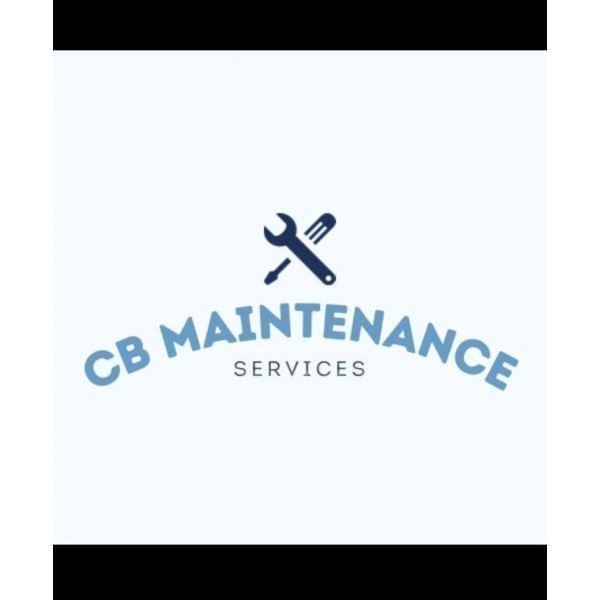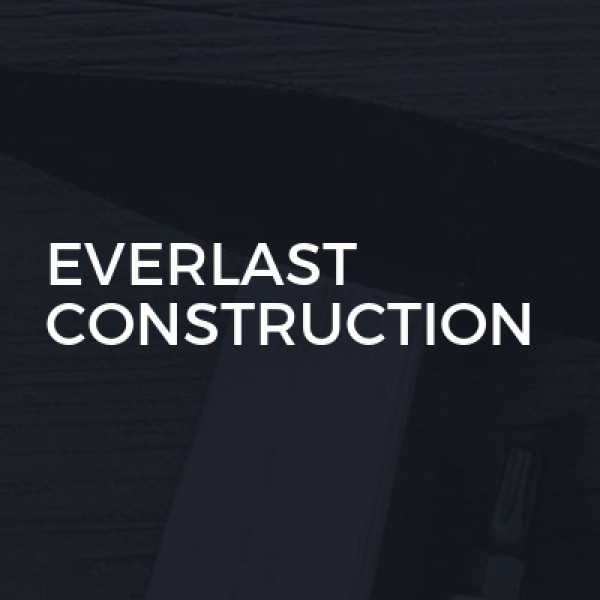Understanding Garage Conversions in Dronfield
Garage conversions in Dronfield have become increasingly popular as homeowners seek to maximise their living space without the hassle of moving. With the right planning and execution, a garage conversion can transform an underutilised space into a functional and stylish part of your home. Whether you're looking to create a home office, an additional bedroom, or a playroom, a garage conversion offers a cost-effective solution.
The Benefits of Garage Conversions
Garage conversions offer numerous benefits that make them an attractive option for homeowners. Firstly, they can significantly increase the value of your property. By converting your garage into a living space, you add square footage to your home, which can be a major selling point for potential buyers. Additionally, garage conversions are generally more affordable than building an extension, as the basic structure is already in place.
Another advantage is the flexibility a garage conversion provides. You can tailor the space to meet your specific needs, whether it's a guest room, a gym, or a hobby room. This adaptability makes garage conversions a versatile choice for any homeowner.
Cost Considerations
When planning a garage conversion in Dronfield, it's essential to consider the costs involved. The price can vary depending on the size of the garage, the complexity of the design, and the materials used. On average, a garage conversion can cost between £5,000 and £15,000. However, this investment can be recouped through the added value to your home.
It's also important to budget for any additional expenses, such as planning permission, insulation, and utilities. Consulting with a professional can help you get a more accurate estimate and ensure that your project stays within budget.
Planning Permission and Building Regulations
Before embarking on a garage conversion, it's crucial to understand the planning permission and building regulations in Dronfield. In many cases, garage conversions fall under permitted development rights, meaning you won't need planning permission. However, there are exceptions, such as if your property is listed or in a conservation area.
Building regulations, on the other hand, will always apply. These regulations ensure that the conversion is safe and energy-efficient. Key areas covered by building regulations include structural integrity, fire safety, insulation, and ventilation. It's advisable to work with a qualified architect or builder who can guide you through the process and ensure compliance.
Designing Your Garage Conversion
Designing your garage conversion is an exciting part of the process. Start by considering how you want to use the space and what features are essential. For instance, if you're creating a home office, you'll need adequate lighting, electrical outlets, and possibly soundproofing.
Think about the layout and how it will integrate with the rest of your home. Open-plan designs are popular for garage conversions, as they create a sense of space and flow. Additionally, consider the aesthetics, such as flooring, wall finishes, and furnishings, to ensure the new space complements your existing decor.
Choosing the Right Professionals
Hiring the right professionals is crucial to the success of your garage conversion. Look for builders and architects with experience in garage conversions and a portfolio of completed projects. Personal recommendations and online reviews can also be valuable resources in finding reputable professionals.
Once you've selected your team, communicate your vision clearly and work closely with them throughout the project. Regular updates and site visits can help ensure that the conversion meets your expectations and stays on schedule.
Maximising Space and Functionality
To make the most of your garage conversion, focus on maximising space and functionality. Clever storage solutions, such as built-in shelves and cabinets, can help keep the area organised and clutter-free. Multi-functional furniture, like sofa beds or fold-away desks, can also enhance the versatility of the space.
Consider the flow of natural light and how it can be optimised. Skylights, large windows, or glass doors can brighten the space and make it feel more inviting. Additionally, think about the colour scheme and how it can affect the perception of space. Light, neutral colours can make a room feel larger, while darker shades can create a cosy atmosphere.
Common Challenges and How to Overcome Them
While garage conversions offer many benefits, they can also present challenges. One common issue is dealing with dampness, as garages are not typically built to the same standards as living spaces. Proper insulation and ventilation are essential to prevent moisture problems and ensure a comfortable environment.
Another challenge is integrating the conversion with the rest of your home. This can involve matching architectural styles, materials, and finishes. Working with a skilled designer can help you achieve a seamless transition and maintain the overall aesthetic of your property.
Environmental Considerations
As with any home improvement project, it's important to consider the environmental impact of your garage conversion. Opt for sustainable materials and energy-efficient solutions wherever possible. This might include using recycled materials, installing energy-efficient windows, or incorporating renewable energy sources like solar panels.
Additionally, consider the long-term sustainability of the conversion. Insulating the space properly and using energy-efficient appliances can reduce your carbon footprint and lower utility bills.
Legal and Insurance Implications
Before starting your garage conversion, it's wise to review any legal and insurance implications. Inform your home insurance provider of the conversion, as it may affect your policy. Some insurers require additional coverage for home improvements, so it's important to ensure you're adequately protected.
Additionally, check any legal restrictions or covenants that may apply to your property. These could impact your ability to convert the garage or dictate specific requirements for the project.
Maintaining Your Converted Space
Once your garage conversion is complete, regular maintenance will help preserve its condition and functionality. Keep an eye out for signs of wear and tear, such as cracks, leaks, or dampness, and address any issues promptly. Regular cleaning and upkeep will also keep the space looking its best.
Consider setting up a maintenance schedule to check key areas like insulation, ventilation, and electrical systems. This proactive approach can help prevent problems and extend the lifespan of your conversion.
Case Studies: Successful Garage Conversions in Dronfield
Exploring case studies of successful garage conversions in Dronfield can provide inspiration and insight into the process. Many homeowners have transformed their garages into stunning living spaces, each with unique features and designs.
For example, one family converted their garage into a spacious home office, complete with custom-built desks and ample storage. Another homeowner created a cosy guest suite, featuring an en-suite bathroom and a small kitchenette. These examples demonstrate the versatility and potential of garage conversions.
Frequently Asked Questions
- Do I need planning permission for a garage conversion in Dronfield? In most cases, garage conversions fall under permitted development rights, but it's best to check with your local council.
- How long does a garage conversion take? The duration can vary, but most conversions take between four to six weeks to complete.
- Can I convert a detached garage? Yes, detached garages can be converted, but they may require additional considerations, such as utilities and access.
- Will a garage conversion add value to my home? Yes, a well-executed garage conversion can increase your property's value by providing additional living space.
- What are the common uses for a converted garage? Common uses include home offices, guest rooms, playrooms, gyms, and hobby spaces.
- How can I ensure my garage conversion is energy-efficient? Use proper insulation, energy-efficient windows, and consider renewable energy sources to enhance efficiency.
Garage conversions in Dronfield offer a fantastic opportunity to enhance your home and lifestyle. With careful planning, the right professionals, and a clear vision, you can transform your garage into a valuable and enjoyable space.
















